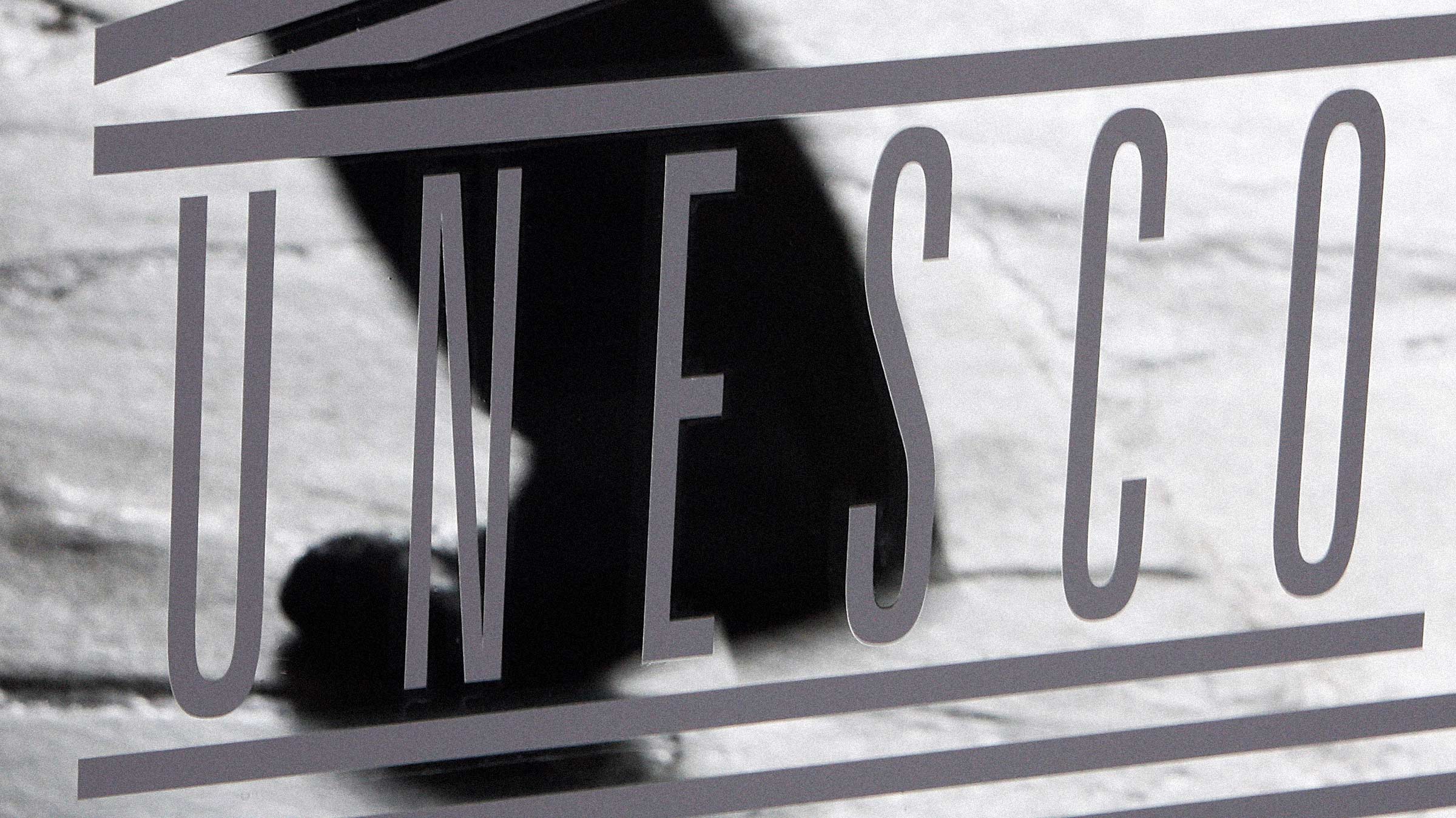Both the United States and the United Kingdom have expressed a desire to leave the United Nations Educational, Scientific and Cultural Organization.
With the US and Israel adamant on withdrawing from the United Nations Educational, Scientific and Cultural Organization (UNESCO) and a UK minster recently suggesting the country should exit the UN’s cultural heritage group, have we forgotten why it was set-up in the first place?
At the end of 2018, the United States is due to leave UNESCO. Since 2011, the country has been in arrears with membership, refusing to pay as a protest against Palestine becoming a full member. The move, announced this time last year, was the result of an on-going argument that the UN organization has an anti-Israeli bias.
Despite that fact that the US hasn’t been coughing up membership fees for the past seven years, it has still played a role in deciding what is determined as a UNESCO World heritage site, an important voice in how and what the world perceives–and therefore preserves—cultural artifacts. Even after the United States withdraws membership, it wont be cutting ties completely. The US will still be involved as a nonmember observer state, but won’t be sat at the figurative and literal table helping steer the global objectives or having a leading hand in protecting world heritage sites.
Founded in 1945, UNESCO was designed to foster peace through international cooperation in education, the sciences, and culture. It also stops the illegal trafficking of cultural artifacts—protecting looting and destruction. It also helps communities rebuild and understand their own sense of cultural heritage. In this current climate, the fact that UNESCO “encourages both diversity and dialogue, which are mutually supportive” is integral to all of the above.
The decision for any country to remove their membership was at the political forefront again last week after the United Kingdom’s aid chief, Penny Mordaunt, suggested they too should step down from the organisation saving $14.22 million in annual membership fees, citing the way UNESCO handles its finances as the main factor behind the decision. As unlikely as it is to pass through Parliament (the current Prime Minster blocked a similar request to leave two years ago), the fact that it’s even being entertained as a viable option illustrates a waining attitude that culture should be about freedom of expression, regardless of its political leanings.
Take Israel, where funding culture for as way of bolstering political objectives has never been more attractive. Earlier this month, the first reading of the so-called loyalty in culture bill – cutting subsidies to cultural organisations deemed not “loyal” to the state—was approved by politicians. If it eventually goes through unchallenged, then the government will be able to withdraw funding for any cultural activity on the grounds that it “denies the state of Israel’ or “destroys or physically degrades the honor of the state flag or emblem.”
If individual countries won’t protect their own cultures and identities then responsibility inevitably falls at the feet of the wider international community. And if membership is treated like nothing more than a political bargaining chip, then the future of how we protect diversity in culture runs the risk of falling by the wayside in favor of state sanctioned propaganda. And that isn’t good news for anyone.



















